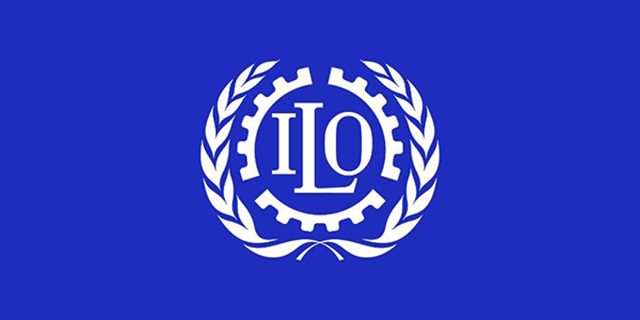The Covid-19 pandemic could “increase global unemployment by almost 25 million” according to the initial assessment by the International Labour Organization [ILO].
The report on the International Labour Organization website said, “The economic and labour crisis created by the Covid-19 pandemic could increase global unemployment by almost 25 million, according to a new assessment by the International Labour Organization [ILO].
“However, if we see an internationally coordinated policy response, as happened in the global financial crisis of 2008/9, then the impact on global unemployment could be significantly lower.
“The preliminary assessment note, Covid-19 and the world of work: Impacts and responses, calls for urgent, large-scale and coordinated measures across three pillars: protecting workers in the workplace, stimulating the economy and employment, and supporting jobs and incomes.
“These measures include extending social protection, supporting employment retention [i.e. short-time work, paid leave, other subsidies], and financial and tax relief, including for micro, small and medium-sized enterprises. In addition, the note proposes fiscal and monetary policy measures, and lending and financial support for specific economic sectors.
“Based on different scenarios for the impact of Covid-19 on global GDP growth, the ILO estimates indicate a rise in global unemployment of between 5.3 million [“low” scenario] and 24.7 million [“high” scenario] from a base level of 188 million in 2019. By comparison, the 2008-9 global financial crisis increased global unemployment by 22 million.
“Underemployment is also expected to increase on a large scale, as the economic consequences of the virus outbreak translate into reductions in working hours and wages. Self-employment in developing countries, which often serves to cushion the impact of changes, may not do so this time because of restrictions on the movement of people [e.g. service providers] and goods.
“This is no longer only a global health crisis, it is also a major labour market and economic crisis that is having a huge impact on people,” said ILO Director-General Guy Ryder. “In 2008, the world presented a united front to address the consequences of the global financial crisis, and the worst was averted. We need that kind of leadership and resolve now.”











